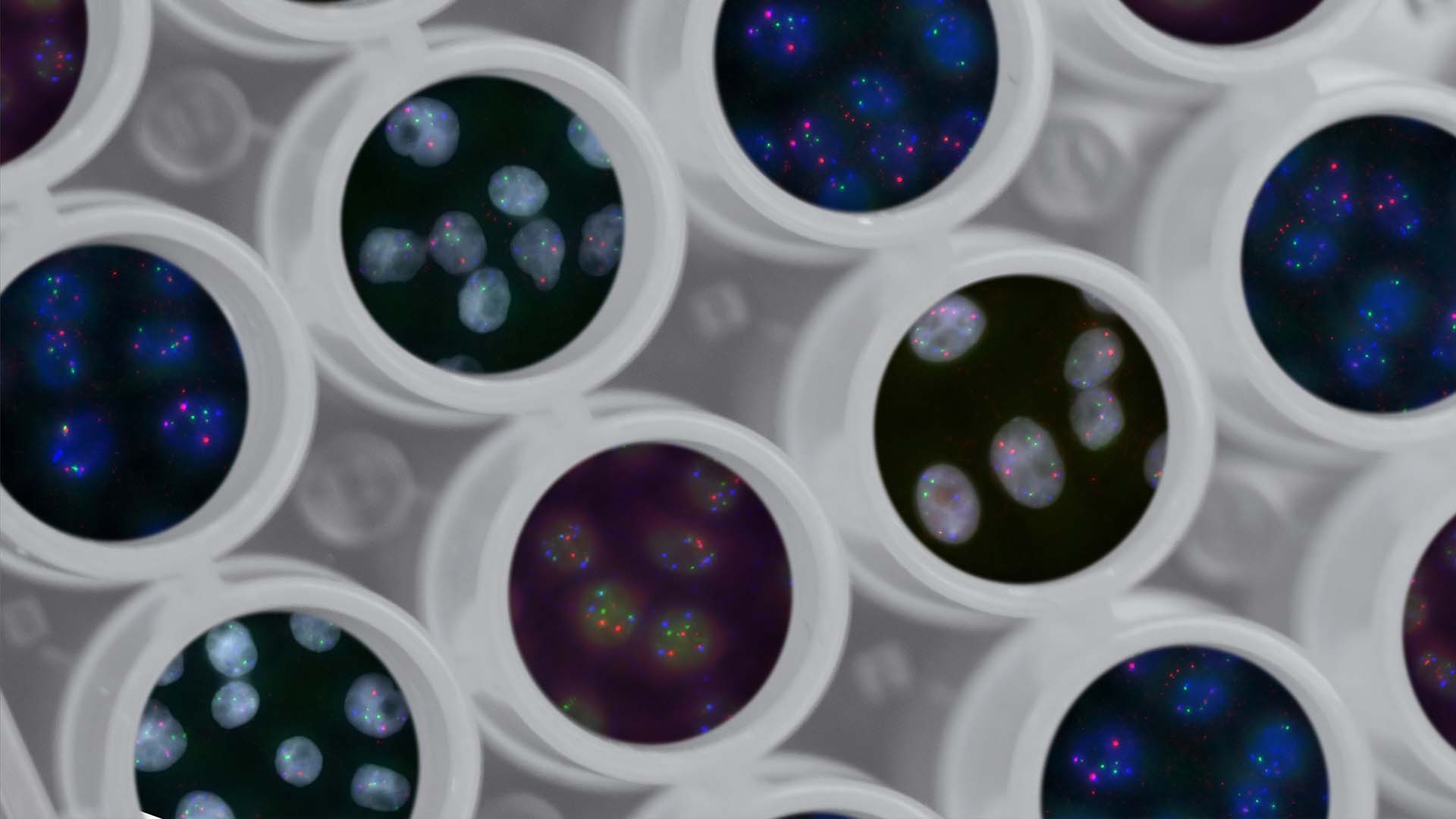Gene therapies represent a new era of medicine, offering the potential for truly transformational health gains, and further benefits for society and health systems.
Gene therapy is particularly relevant to rare disease patients, as more than 80 per cent of rare diseases have a known monogenic (single gene) cause. In contrast to traditional small molecule medicines, gene therapies have the potential to correct underlying genetic defects, offering the potential for transformational health gains rather than simply managing symptoms. Moreover, successful gene therapy may require only a single dose to confer lifelong improvement rather than requiring a lifetime of ongoing treatment, thereby dramatically reducing costs associated with years of chronic care management.
Given the potential long-term nature of the health gains associated with gene therapies, there is often substantial uncertainty in outcomes which complicates the use of conventional health technology assessment (HTA) approaches. Furthermore, current HTA methods may not fully capture the potential broader value of gene therapies, such as decreased burden on the patient resulting from potentially one-time or short treatment regimen, value of hope and spillover effects on carers and family. As a result, it has been recognised that current HTA methods and evidence generation activities need to evolve in order to fully realise the potential of gene therapies and facilitate patient access. This report uses a mixed-methods approach to review and build on the appropriate path forward.
Many of the challenges associated with the evaluation of gene therapies are not unique to these technologies, but it is well recognised that they face a high concentration of these challenges. Therefore, to unlock the potentially transformational promise of gene therapy for patients and society, overcoming them should be considered a priority. The recommendations provided in this report demonstrate the practical HTA tools available to work toward this goal.




